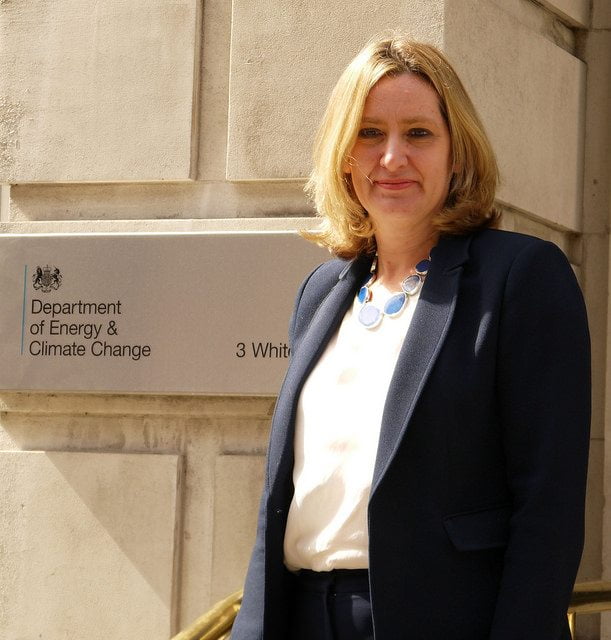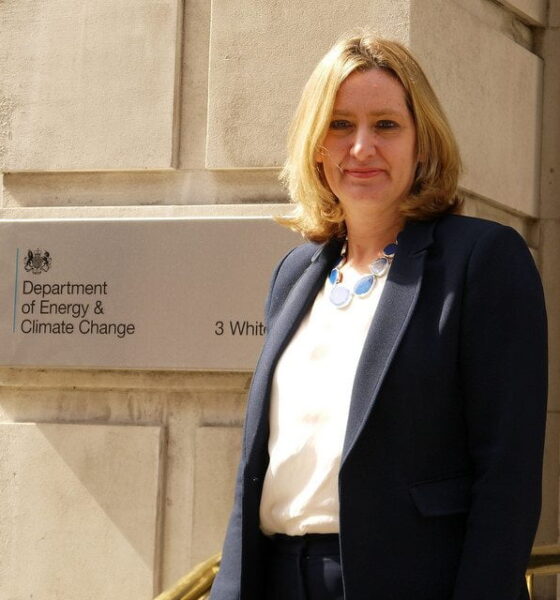

Economy
UK finance boost to help protect developing countries from climate change
Yesterday the UK government committed to substantially increase the amount of funding they are providing to help the most vulnerable countries protect themselves from the effects of climate change.
The UK’s money for climate activities will be increased by at least 50%, to a further £5.8 billion of funding from April 2016 to March 2021, including at least £1.76bn in 2020, from within the existing ODA budget.
Announced at the UN’s General Assembly in New York, the UK’s new commitment will help millions more vulnerable people cope with the impacts of climate change, and increase access to clean energy, while supporting global efforts to tackle the emissions that cause climate change. Since 2011, the UK’s climate finance has already helped 15 million people to cope with the effects of climate change and improved access to clean energy for almost 2.6 million people. Over the lifetime of the existing ICF portfolio, the UK will help reduce greenhouse gas emissions by 440m tonnes of CO2, and mobilise £3.6bn of private climate finance.
Energy and Climate Change Secretary Amber Rudd said: “Climate change is one of the most serious threats we face, not just to the environment, but to our economic prosperity, poverty eradication and global security, hitting developing countries the hardest. To ensure a more secure and prosperous future for us all, the UK is playing its part by helping some of the most vulnerable communities become more resilient to climate change and by supporting the developing world to take the clean energy path to growth and prosperity rather than the high carbon route”.
At the Convention of the Parties conference in Copenhagen in 2009, developed countries committed to a goal of jointly mobilizing $100 billion of climate finance a year by 2020 from a wide range of sources of finance. We don’t yet know what finance flows will look like in 2020. This offer from the UK represents a significant uplift to UK public finance for climate activities, and is compatible with our fair share of the $100bn.
As well as helping vulnerable countries to reduce their emissions, finance can also help them better adapt to weather extremes and rising temperatures associated with climate change. This can increase their resilience, alleviating pressures on natural resources such as land, water and forests, which could lead people to sell their property or migrate.
The UK’s climate finance goes towards building climate resilient communities through, for example, supporting the distribution of flood resilient crops and improving early warning systems. It is also helping create a reliable source of energy for communities which improves health, education, and enables businesses to grow, creating jobs and improving incomes and standards of living for the poorest communities.


 Environment11 months ago
Environment11 months agoAre Polymer Banknotes: an Eco-Friendly Trend or a Groundswell?

 Features10 months ago
Features10 months agoEco-Friendly Cryptocurrencies: Sustainable Investment Choices

 Features11 months ago
Features11 months agoEco-Friendly Crypto Traders Must Find the Right Exchange

 Energy10 months ago
Energy10 months agoThe Growing Role of Solar Panels in Ireland’s Energy Future





























